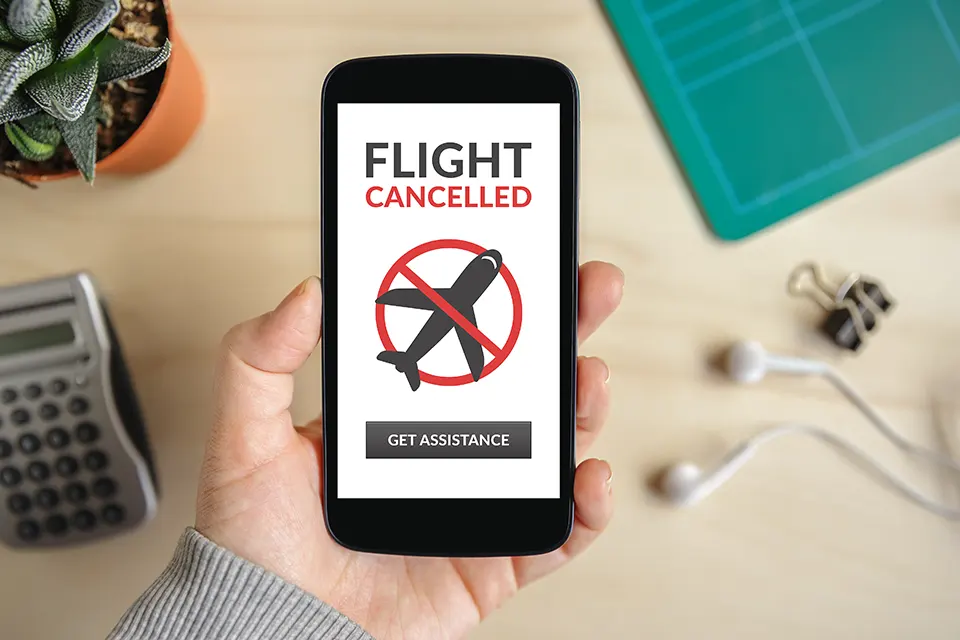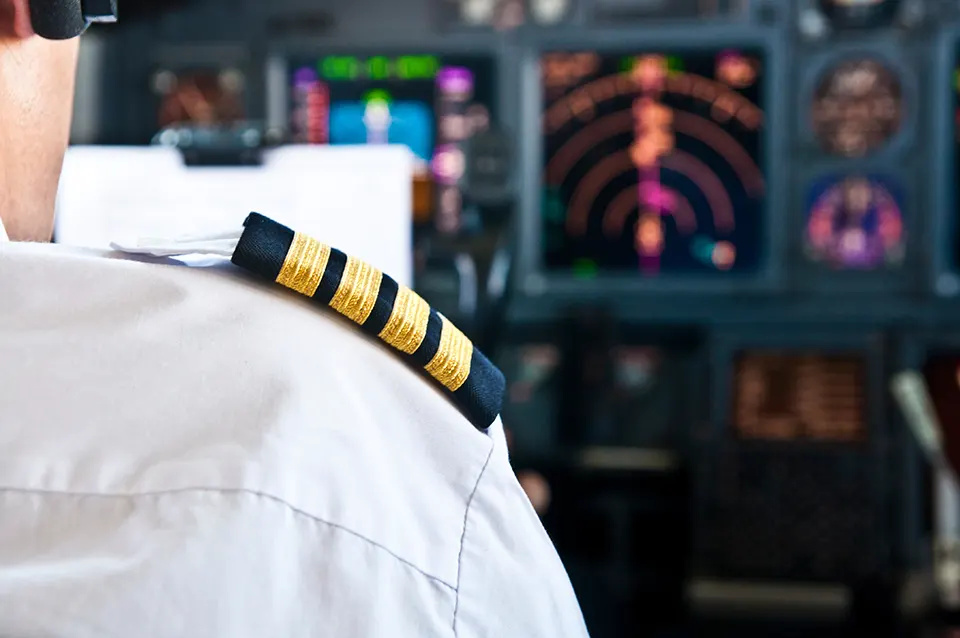As corporate event planners specializing in destination management services, it’s crucial to stay ahead of the challenges in air travel that have dominated the headlines this summer. The landscape is changing rapidly due to business shifts, technological hurdles, and evolving traveler preferences, which can impact travel logistics for your next event.
These issues affect guest and traveler convenience and can also influence costs, scheduling, and even your choice of destination or accommodations. These factors ultimately contribute to the overall success or dissatisfaction with your event.
Here’s what you need to know and strategies to ensure you’re prepared for any travel-related disruptions.

CrowdStrike and Other Mass-Cancellation Disasters
While global IT outages like CrowdStrike are rare, they are a stark reminder that technology issues increasingly impact businesses and their customers. Even without tech problems, weather, air traffic, and security challenges can lead to significant delays or cancellations.
When it comes to group travel, rebooking can be particularly challenging due to increased demand for seats on subsequent flights. Larger groups often face longer waits.
Be Prepared:
- Strengthen your corporate travel relationships directly with airlines or third-party providers. Corporate accounts or special status can significantly reduce the time spent waiting for resolutions, compared to handling issues as a standalone consumer.
- A corporate or group travel arrangement also simplifies managing refunds, flight credits, and other financial matters, avoiding the complexities of dealing with each traveler individually.
- Consider staggering the travel schedules for different groups within your event. For example, arrange for event support staff, presenters, and key executives to arrive a day or two earlier, giving you a buffer to make alternative travel plans without compromising the event.

Staffing Changes at American Airlines and Other Carriers
In June, American Airlines announced a hiring freeze for new pilots and a pause on pilot training starting in September 2024. Despite being one of the largest carriers globally, American Airlines faces a significant future staffing issue, a challenge echoed across the airline industry.
The airline was already dealing with a pilot shortage, and with mandatory retirements looming, the workforce gap is expected to widen. Moreover, the ongoing negotiations with flight attendants, baggage handlers, and ground staff could lead to more complex and costly air travel conditions.
Be Prepared:
- Airlines may reduce or eliminate flights to smaller regional airports as a cost-cutting measure. JetBlue, for instance, has announced it will no longer serve Charlotte (CLT), Minneapolis (MSP), and San Antonio (SAT). If your event relies on regional routes, it’s worth reconsidering your travel plans. Charter air transportation or motorcoach services might be viable alternatives for shorter trips.
- If budget constraints are a concern, explore less popular destinations that might be closer or easier to access from major airports, offering a balance between convenience and cost.

Growing CSR Consciousness Among Travelers
In light of the current challenges with air travel, there’s a growing shift toward more sustainable travel options. A recent MasterCard corporate travel survey highlighted business travelers’ increasing preference for train and rail travel.
- 58% of companies support rail travel within specific countries.
- 53% of business travelers are encouraged or required to use trains for international trips.
- 78% are encouraged or required to opt for trains regionally.
Additionally, many companies are adopting policies that promote sustainability, such as eliminating first-class travel or imposing a “sustainability tax” on travel choices. More than half of businesses now allow vacation rentals alongside traditional hotel stays.
These trends offer various benefits, including enhanced employee satisfaction, environmental responsibility, and support for local economies. Aligning your event’s travel plans with these trends can help you navigate potential travel disruptions while reinforcing your organization’s commitment to corporate social responsibility (CSR).
In summary, unexpected disruptions are an inherent part of event planning, especially concerning travel. The best defense is a solid plan that anticipates common issues, coupled with partnerships with experienced providers who can help you adapt quickly when necessary.




